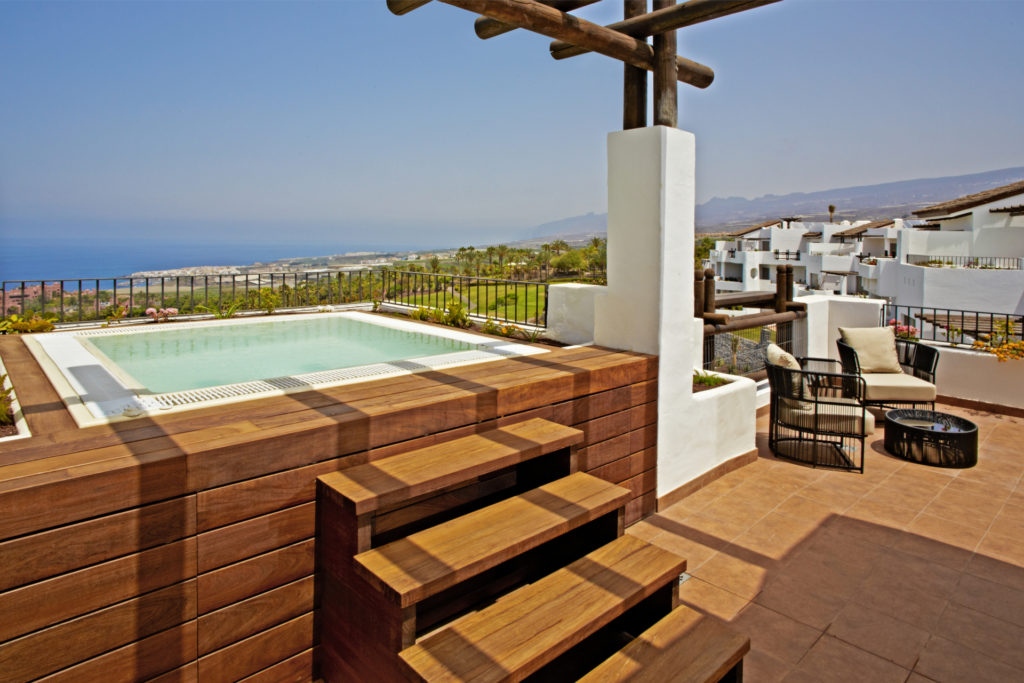
With an increasingly younger consumer base and a wider selection of luxury brands, the hospitality industry is experiencing an exciting shift as it faces the challenge of maintaining exclusivity while preserving prestige. Success appears to lie in focusing on unique details and personalisation. In this context, we explore how these strategies are shaping a sector we know well: hotel management.
Leading luxury brands in the hospitality industry recognise that authenticity is key to standing out and leaving a lasting impression on their customers. To achieve this, they focus on creating bespoke experiences that nurture personal connections. Whether it’s accommodation, restaurants, spas, or the broader commercial landscape, the hospitality sector needs to build strong relationships with its guests, especially when positioning itself in the luxury market. In this respect, five-star hotels have already begun offering personalised touches, such as greeting guests by name and tailoring room details to individual preferences, but there is still plenty of room for further innovation.
Personalisation in marketing cultivates a deeper connection with consumers by addressing their psychological needs for recognition, relevance, and affinity. By offering tailored experiences, luxury brands can heighten engagement and reinforce customer loyalty. Elements such as atmosphere, cultural offerings, dining, sports and leisure activities, interior design, events, and gifts all play an essential role in cultivating this emotional connection. Some businesses even accept short-term financial losses on certain services, confident that some of the unique benefits provided will generate long-term profits through repeated customer interactions and by turning customers into brand ambassadors who share their experiences with friends and acquaintances.
A 2024 Forbes survey found that 81% of customers prefer brands that provide personalised experiences, while 70% value interactions where employees acknowledge them and understand their history with the company, whether through past purchases, support interactions, or their buying habits. By utilising customer data, luxury brands’ hotel development can provide customised experiences, from personalised recommendations for guest excursions to exclusive items designed to meet each customer’s unique preferences.



